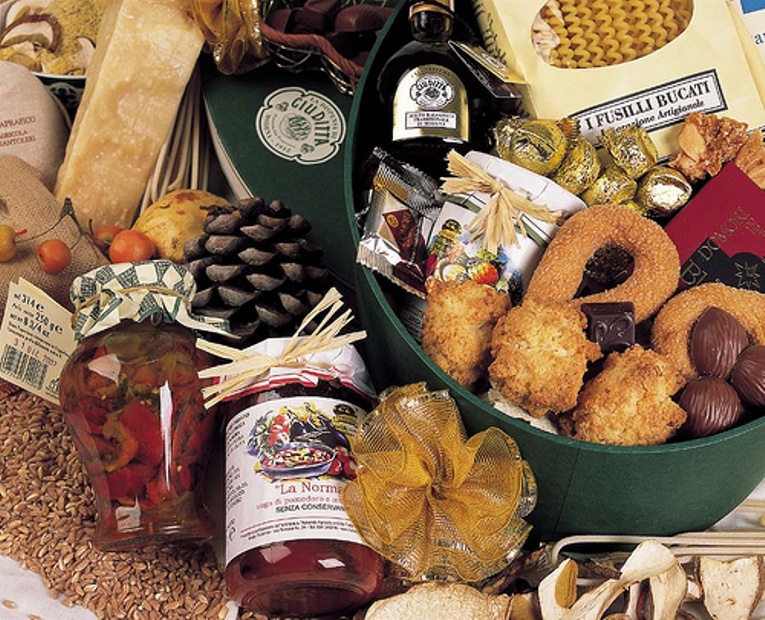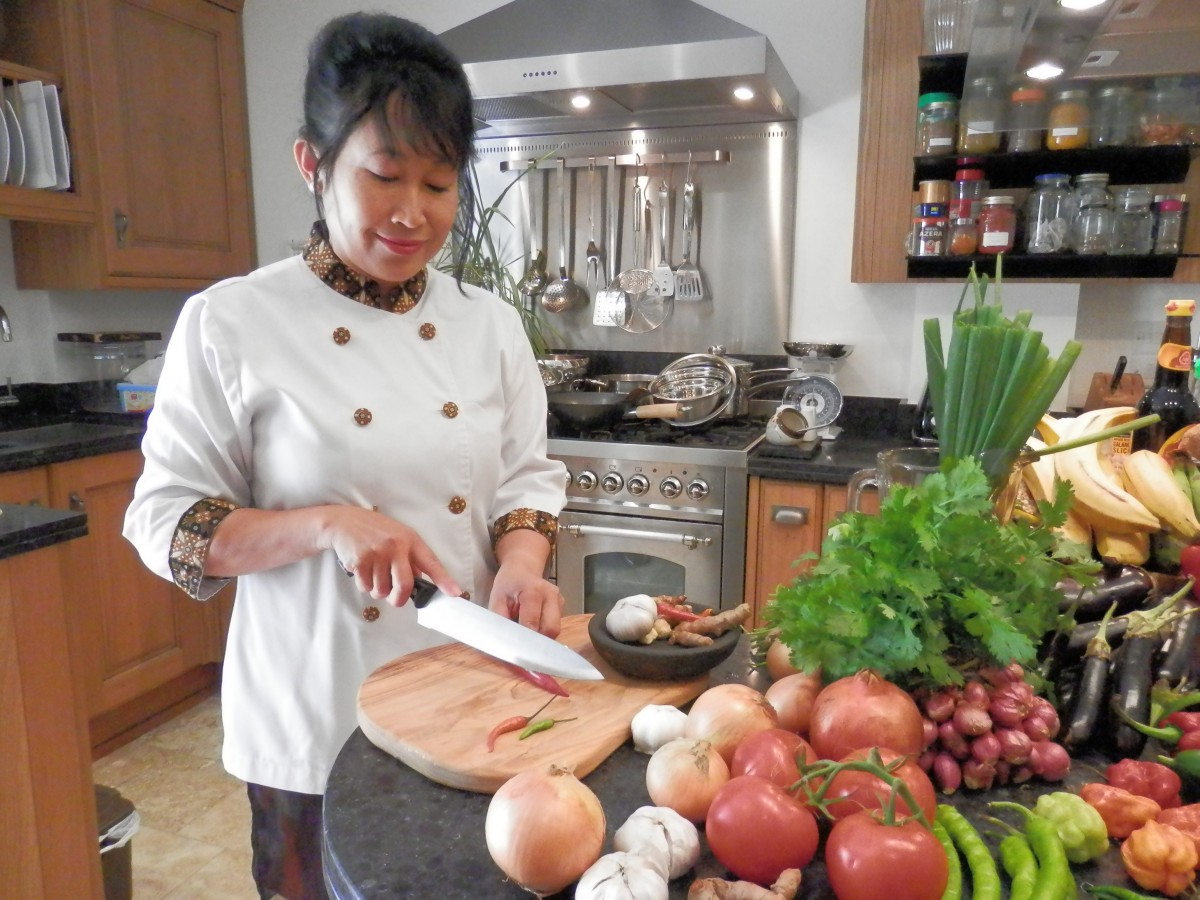The Chinese New Year began on Monday, and this year we celebrate the birth of the dragon – 龍 . The Chinese believe that the dragon is the best year in the animal cycle.
Chinese New Year is the time for family gathering and joy, like Christmas or Thanksgiving. There are many interesting traditions and myths to discover about this exciting festival.
The whole new year cycle begins with the twenty-eight. It is two days before the Lunar New Year, known as the big cleaning day for Chinese families. The old Cantonese saying goes: “it is the day to wash away dirt to get the house ready for next year.”
Families have a reunion dinner on New Year’s Eve. Different parts of China have their own traditional food such as homemade dumplings in the North and new year cakes (niangao, 年糕) in the South.
The first day of the New Year is the beginning of massive celebration. It is the day to visit the oldest in the family and the time for fireworks and firecrackers. There are also other traditions that some follow to preserve luck for the upcoming year. This day symbolises the new start, visitors bring brightly coloured foods such as oranges, tangerines and mandarins that represent “gold” for their family and friends.
According to the Chinese calendar the fourth day is when businesses get back to work and celebrations start to slow down. Fortunately for revelers, the actual Lunar New year lasts 15 days and ends with another Festival.
The seventh day is Renri (人日), which means the common persons birthday. The Chinese believe they gain one year of wisdom on this day. The celebrations cool down again after the seventh, people pray between the eighth and the twelfth. On the thirteenth day they rest.
On the fifteenth it is the lantern festival, also known as Yuanxiao. It is the final wrap up for Chinese New Year and also the first day to see the full moon. Families get together and celebrate by trying to solve riddles and eating rice dumplings.
There are also lots of different meanings and traditions during the New Year Cycle: Each day symbolises a different animal, which gives meaning to foods and sweets, and the traditional lion dance. Showering and washing your hair on the New Year day are everyday activities which become steeped in superstition: “Don’t forget to not wash your hair on Chinese New Year or you’ll wash away your luck!” said Timothy Wu, restaurant owner in China Town London.







